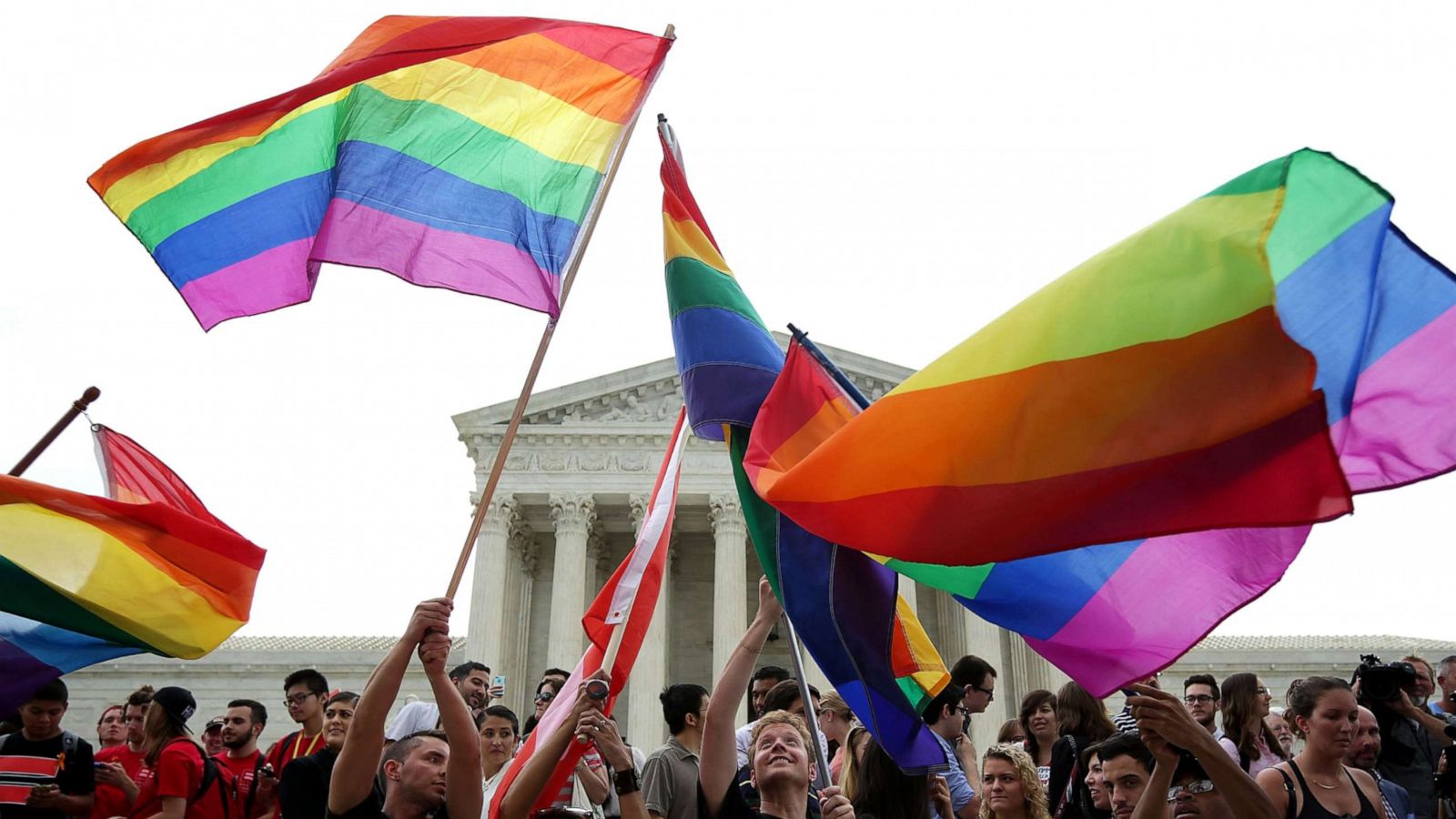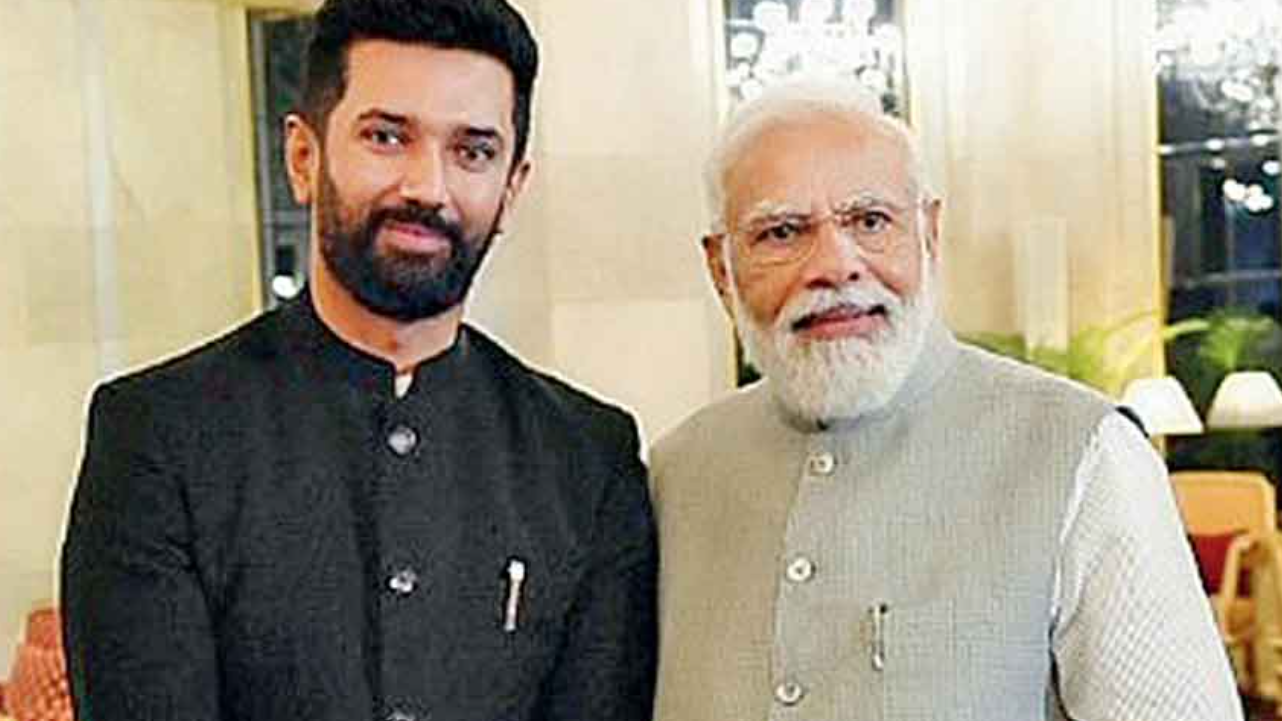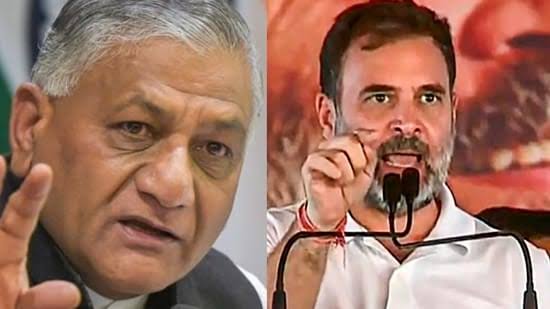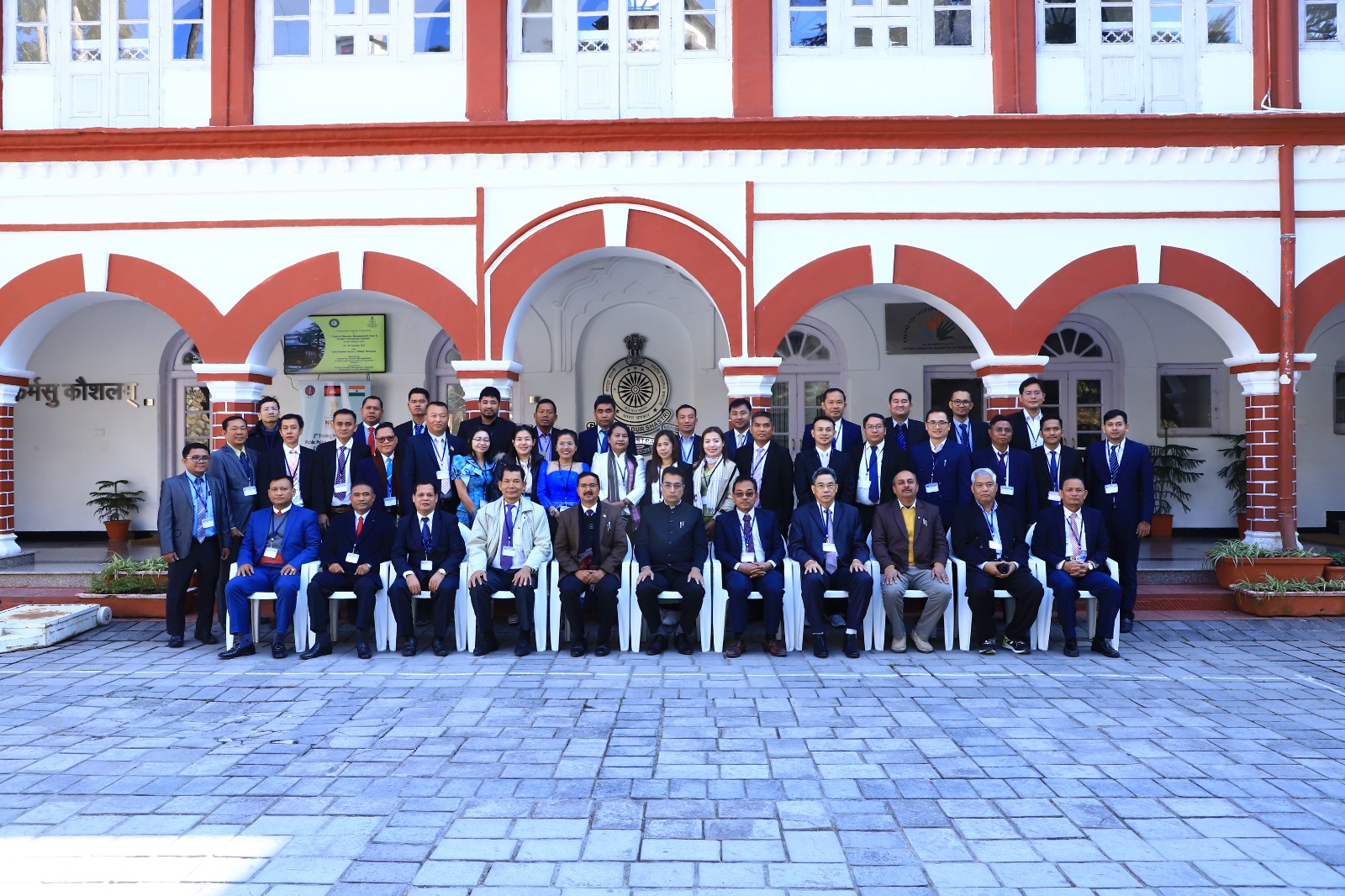New Delhi, 13 November 2023: The Supreme Court of India delivered a historic verdict that grants limited legal rights to same-sex couples, while refraining from providing them the right to marry under the Special Marriage Act. This much-anticipated ruling was passed by a five-judge constitutional bench led by Chief Justice D.Y. Chandrachud.
 The court acknowledged the need to protect the rights of LGBTQIA+ individuals and emphasized that same-sex couples should not face discrimination. However, the judgment made it clear that the recognition of marriage falls within the purview of Parliament and not the judiciary.
The court acknowledged the need to protect the rights of LGBTQIA+ individuals and emphasized that same-sex couples should not face discrimination. However, the judgment made it clear that the recognition of marriage falls within the purview of Parliament and not the judiciary.
Key Highlights of the Judgment
1. Legal Rights for Same-Sex Couples:
Same-sex couples can now enjoy certain legal rights that were previously reserved for married heterosexual couples. These include:
The ability to open joint bank accounts.
Access to shared insurance policies.
Hospital visitation rights in case of medical emergencies.
2. Recommendation for Civil Union Framework:
The Supreme Court urged the central government to explore the possibility of creating a civil union framework. This framework would offer same-sex couples a legal structure to protect their partnership and ensure their rights.
3. Call for Social Acceptance:
Chief Justice Chandrachud underlined the importance of recognizing the LGBTQIA+ community’s fundamental right to equality and dignity. The court acknowledged the societal stigma faced by the community and urged society to embrace inclusion and acceptance.
Reactions to the Verdict
The judgment elicited a mix of reactions:
Activists’ Response: LGBTQIA+ activists welcomed the recognition of certain rights but expressed disappointment that the court did not legalize same-sex marriage. Many stated that while this is a step forward, the lack of full marriage equality continues to deny the community complete parity with heterosexual couples.
Government’s Stand: The central government, which had opposed the legalization of same-sex marriage during hearings, welcomed the court’s decision to leave the matter to Parliament.
Conservative Groups: Conservative sections of society praised the judgment for upholding traditional family structures and preserving the institution of marriage.
Implications of the Judgment
The ruling sets a precedent by formally acknowledging the rights of same-sex couples in India. It also opens the door for legislative action to create a civil union framework or even consider marriage equality in the future.
While it stops short of a complete breakthrough for LGBTQIA+ rights, the judgment marks an important step toward greater inclusion and legal protection for the community.




